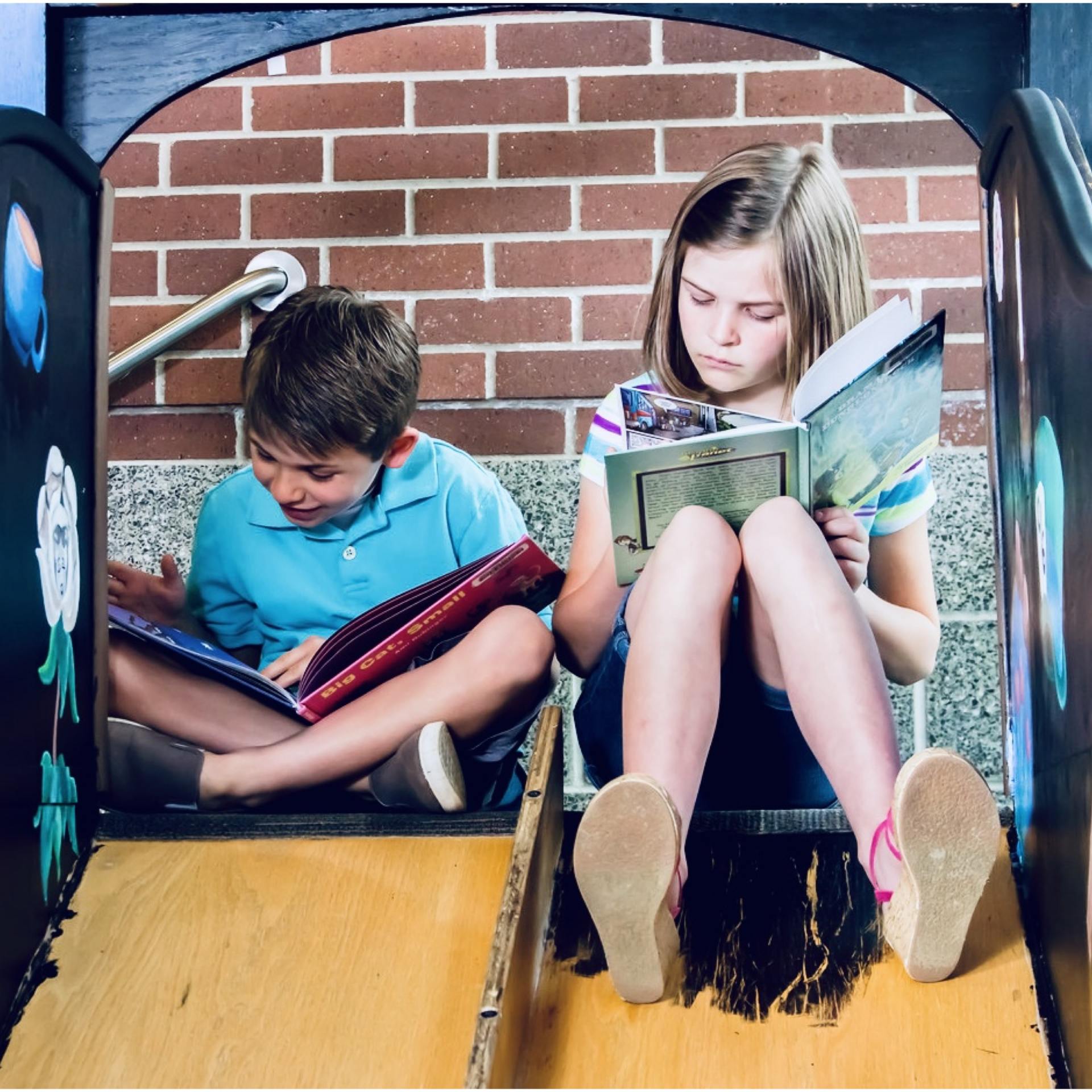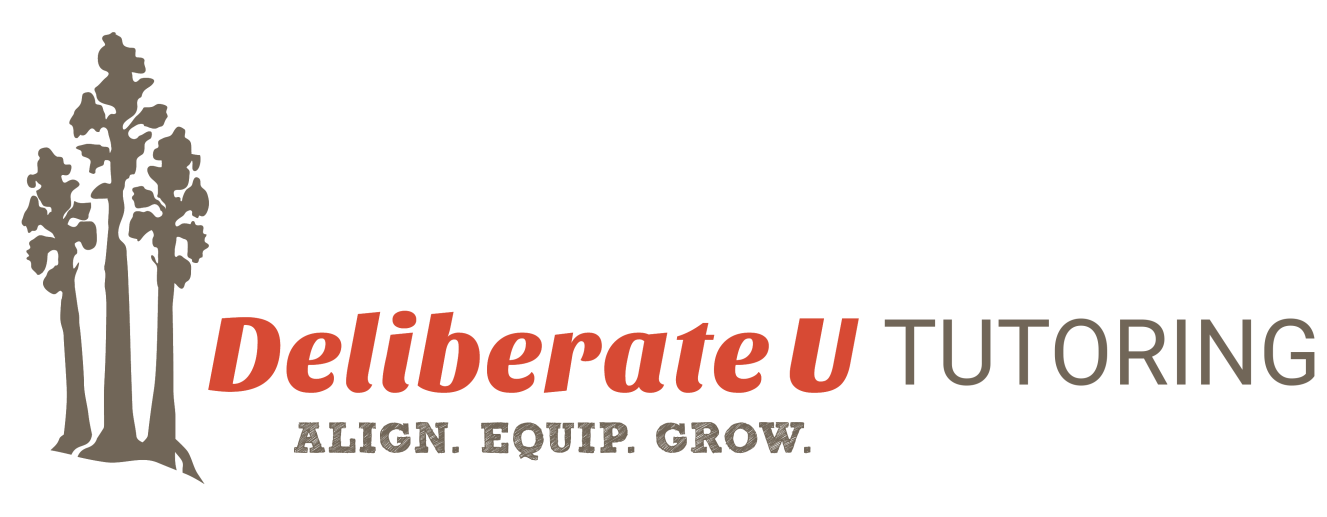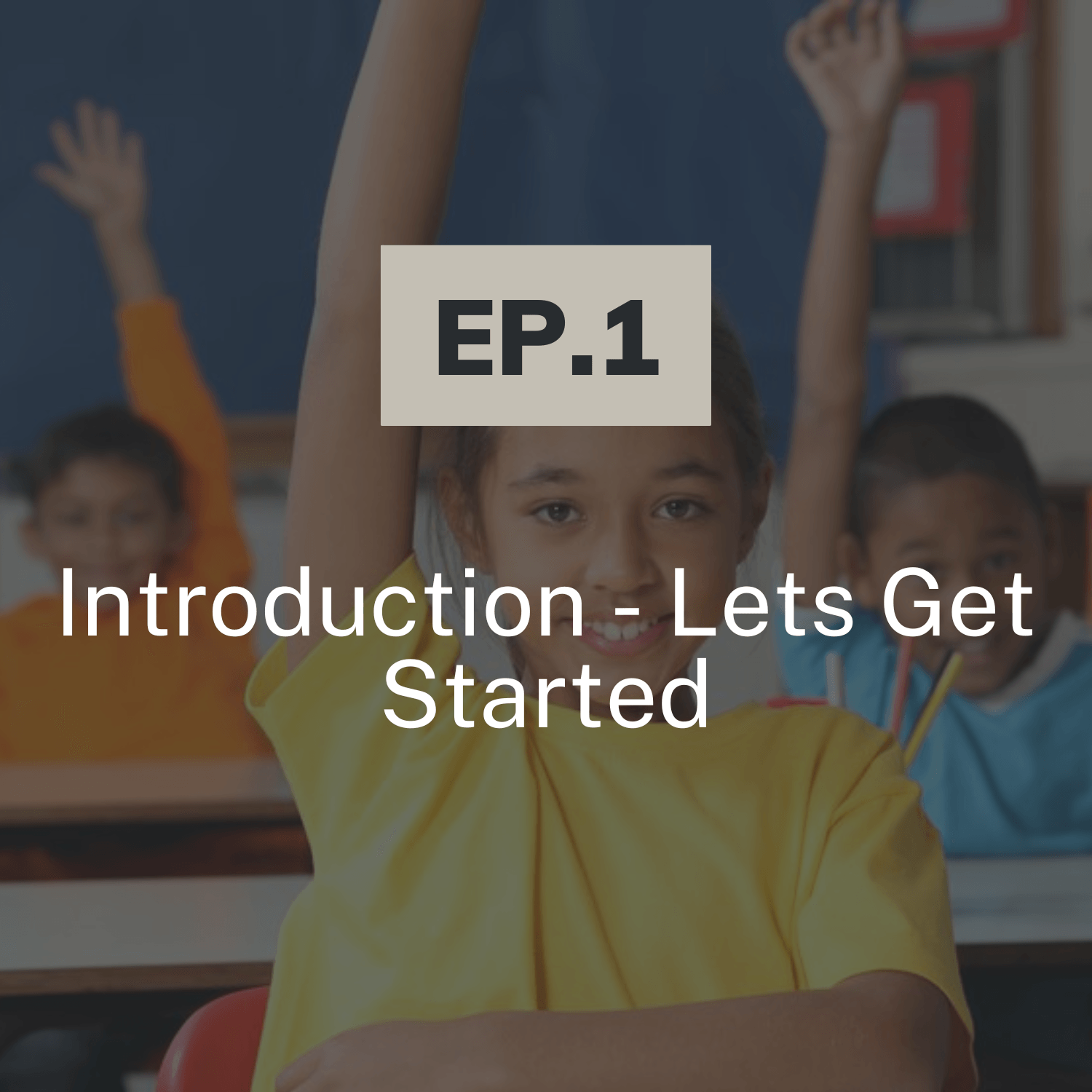Focus on the fundamentals! Let's talk about those key skills.
In last week’s blog, I addressed the value you, as a parent, bring to your child’s education. Yes, you know your child best. Your commitment and awareness of your child, coupled with an ‘in-house’ view of school during the pandemic has given you some good information about what is necessary to build your child’s academic skills.
With all of the information available, you quickly realize there is a lot to know and not quite enough time. The danger we all encounter with information is having too much or not the right information. It can overload us! The question becomes, how do you know what matters most for a child’s academic success? Being clear on what fundamentals your child needs for their success is a powerful position to take as a parent. You, as a parent, can step in with oversight on the fundamental learning priorities and help your child work well with their teaching team to learn those key skills. This is something you CAN control
You can control things like
identifying the priorities
and
designing a plan to address those priorities.

- Reading
- R - Writing
- R - Arithmetic (Mathematics)
- Public Speaking-confidence in communicating ideas and ‘thinking on your feet’ communicating with little prep time.
- Thinking-Deciphering information, Learning how to think critically and problem solve-make decisions.
- Numeracy Understanding: They have a solid base of understanding in the concepts of addition, subtraction, multiplication, and division so they can work with a family of facts and move in multiple directions.
- Memorization: They have memorized the number facts, specifically addition and multiplication tables which allow them to then reverse or look for the missing number in the family of facts to subtract and divide. Rote memorization of math facts gives them the speed in computation that allows them to solve problems faster with the facts at their fingertips.
- Reflect on these key academic skills, the fundamentals of their success, and reflect realistically on where your child’s skills currently are.
- Consider how to focus more on these key priorities in the context of those everyday school assignments.
- Make daily homework a priority and prioritize your time to be nearby. You can then be asking the key skill questions in the midst of their daily assignments and tests that will link the knowledge being tested back to the bigger picture key skills you are ensuring are being built. See specific examples in What key skills do they need? Part 1










